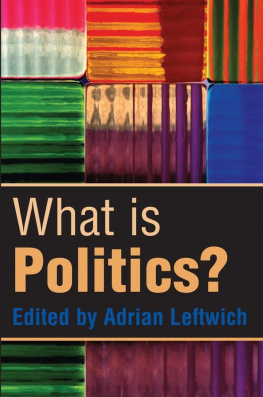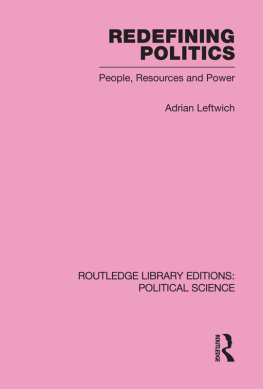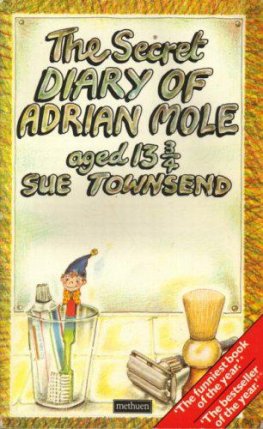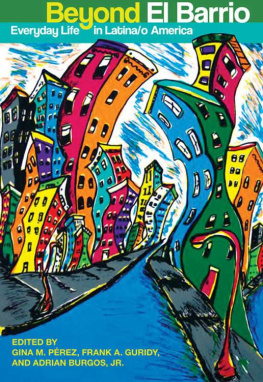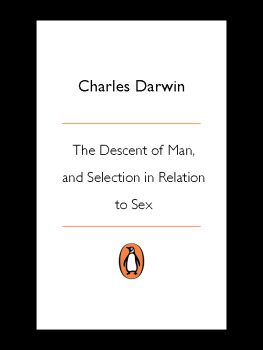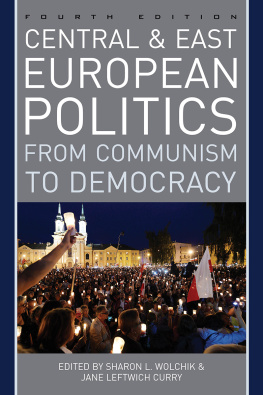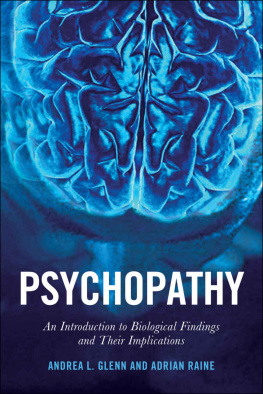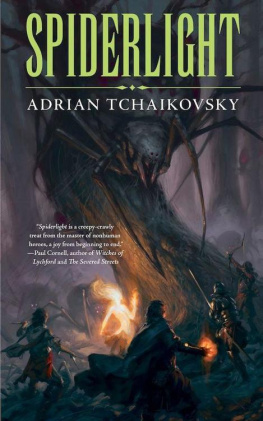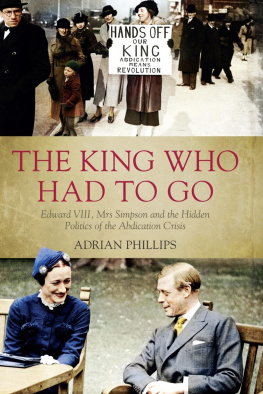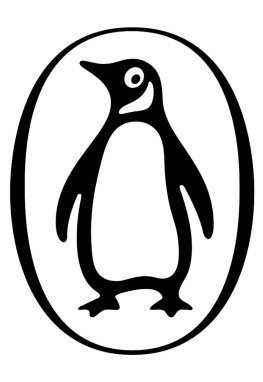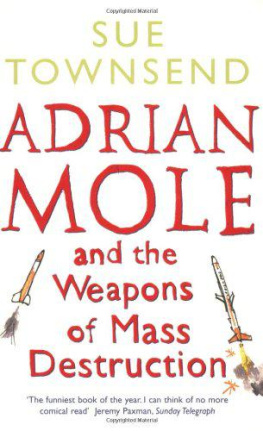Adrian Leftwich - What is Politics?
Here you can read online Adrian Leftwich - What is Politics? full text of the book (entire story) in english for free. Download pdf and epub, get meaning, cover and reviews about this ebook. year: 2015, publisher: Wiley, genre: Politics. Description of the work, (preface) as well as reviews are available. Best literature library LitArk.com created for fans of good reading and offers a wide selection of genres:
Romance novel
Science fiction
Adventure
Detective
Science
History
Home and family
Prose
Art
Politics
Computer
Non-fiction
Religion
Business
Children
Humor
Choose a favorite category and find really read worthwhile books. Enjoy immersion in the world of imagination, feel the emotions of the characters or learn something new for yourself, make an fascinating discovery.
- Book:What is Politics?
- Author:
- Publisher:Wiley
- Genre:
- Year:2015
- Rating:4 / 5
- Favourites:Add to favourites
- Your mark:
- 80
- 1
- 2
- 3
- 4
- 5
What is Politics?: summary, description and annotation
We offer to read an annotation, description, summary or preface (depends on what the author of the book "What is Politics?" wrote himself). If you haven't found the necessary information about the book — write in the comments, we will try to find it.
What is Politics? — read online for free the complete book (whole text) full work
Below is the text of the book, divided by pages. System saving the place of the last page read, allows you to conveniently read the book "What is Politics?" online for free, without having to search again every time where you left off. Put a bookmark, and you can go to the page where you finished reading at any time.
Font size:
Interval:
Bookmark:
Edited by
Adrian Leftwich

Copyright Polity Press 2004
Chapter 9 Adam Swift
First published in 2004 by Polity Press Ltd.
Polity Press
65 Bridge Street
Cambridge CB2 1UR, UK
Polity Press
350 Main Street
Malden, MA 02148, USA
All rights reserved. Except for the quotation of short passages for the purposes of criticism and review, no part of this publication may be reproduced, stored in a retrieval system, or transmitted, in any form or by any means, electronic, mechanical, photocopying, recording or otherwise, without the prior permission of the publisher.
ISBN: 0-7456 3055-3
ISBN: 0-7456 3056-1 (pb)
A catalogue record for this book is available from the British Library and has been applied for from the Library of Congress.
For further information on Polity, visit our website: www.polity.co.uk
Adrian Leftwich
This book is based on a collection of essays on the different conceptions and understandings of politics which was published twenty years ago (Leftwich, 1984). That edition arose out of a series of discussions in the early 1980s, in the Politics Department at the University of York, in the United Kingdom, about the way in which the undergraduate syllabus at York should be structured so as to introduce students most effectively to the discipline of Politics. It soon emerged in those discussions that one of the key issues which shaped the differences in approach to the content and structure of an undergraduate degree was that many, if not all, of us had very different understandings of what politics is, and what it is not. To new students coming afresh to the discipline, that might seem surprising, but not so to colleagues and older hands, since any experienced academic in this field will know that the conception of politics one adopts directly influences not only the questions one asks but also the framework of analysis one uses and also, to some degree, ones political practices. And so it seemed that it might be fruitful if we could articulate more sharply, and at some length, what these different conceptions of politics were. Our hope was that this would, at least, help to clarify such distinctions while at the same time revealing where they overlapped. But it was also hoped that a book of essays on the subject would serve the important purpose of introducing new students (at both undergraduate and graduate levels) to the range of approaches they would encounter (or should be aware of) in the discipline of Politics, Political Science or, under its now slightly older and perhaps more dignified title, of Government. The 1984 book was the fruit of those endeavours.
The book was widely used in the United Kingdom and elsewhere in both Australia and South Africa, for instance and was translated into Spanish for use in Mexico and other countries in Latin America. It went out of print in the early 1990s. Despite many requests for a new edition, there was simply not the opportunity to revise and re-publish it until recently when David Held and Louise Knight at Polity in Cambridge persuaded me to edit the present book.
As with the 1984 edition, the central aim of this book is to introduce readers coming to the formal study of Politics for the first time to some of the diverse meanings attached to the word politics. It is hoped that this will help them to situate their own understanding, studies and thinking in a wider comparative context of competing conceptions. Throughout, the use of the word politics, with a lowercase p, refers to the actual activity out there in the world, while the word Politics (or Political Science), with an upper-case P, refers to the academic discipline, that is to the study of political life. With a primarily undergraduate readership in mind, all the authors have organized their contributions around one key question which forms the title of the book: what is politics?
A second objective of the book is to use these different conceptions of politics to stimulate debate amongst both students and staff, not only about the nature of politics as an activity, but also about Politics as a discipline. For there can be nothing more important for any discipline than regular and far-reaching self-appraisal of, and argument about, its essential focus and its fundamental concerns and approaches.
Three of the essays from the 1984 edition (by Alex Callinicos on the Marxist approach to politics, by Peter Nicholson on politics as force and by Albert Weale on politics as collective choice) have been retained, but each has been fully revised and updated. My own chapters (on thinking politically and the political approach to human behaviour) take forward some ideas outlined in the 1984 edition, but add new arguments. All the other chapters are new and the focus of each reflects a distinctive contribution to the continuing debate about the nature of politics. Though there was a chapter in the 1984 edition on politics as being about government, the new chapter by B. Guy Peters is about governing, which is conceptually wider and incorporates notions derived from the new institutionalism. Bernard Cricks new chapter restates and advances the thesis he originally argued in his classic study In Defence of Politics that politics is a distinctive form of rule and that not all forms of rule are expressions of politics. Judith Squires offers a feminist conception of politics and points out why and how this view has helped to broaden our understanding of the scope of politics and its inextricable link with relations of power, whether in or between societies or in the domestic domain. Neil Carters account of the humannature interaction as itself a political process amplifies this broad connection of politics even more, reminding us that human societies are an inextricable part of an environment. In another new chapter, Adam Swift shows concisely how important political philosophy is for understanding politics in its contribution to the development of clear thinking about complex issues, while Salwa Ismail offers a very important insight into Islamic conceptions of politics. She argues with great effect that simplistic western notions about a single Islamic understanding of politics (that it is inseparable from religion) are deeply flawed and that there is as much debate and variance in thinking about politics in Islamic discourses as there are in western ones. Finally, we have tended to think of politics as something that occurs within nation states and that international relations concern the relations between states. Tony McGrew shows in his new chapter that the interpenetration of national and international processes makes this distinction quite untenable.
It is possible to read each of these chapters and appreciate the distinctiveness of their individual conceptions of politics and hence the unique contribution which they each make to our definition and understanding of politics. But, equally, it is also possible to see overlapping concerns which converge on some common themes and, in particular, on power: its sources and forms; its uses, abuses and effects; how if at all power is distributed and constrained by norms, by competition, by rules, regimes and institutions and by other countervailing sources and centres of power, exercised by and through states and governments, private corporations or international organizations. But, as I shall argue in , even while this underlying concern with power can be identified in the different approaches, it is still possible to classify them, broadly, in terms of the boundaries they draw around their definitions of the sites and scope of politics.
Font size:
Interval:
Bookmark:
Similar books «What is Politics?»
Look at similar books to What is Politics?. We have selected literature similar in name and meaning in the hope of providing readers with more options to find new, interesting, not yet read works.
Discussion, reviews of the book What is Politics? and just readers' own opinions. Leave your comments, write what you think about the work, its meaning or the main characters. Specify what exactly you liked and what you didn't like, and why you think so.

